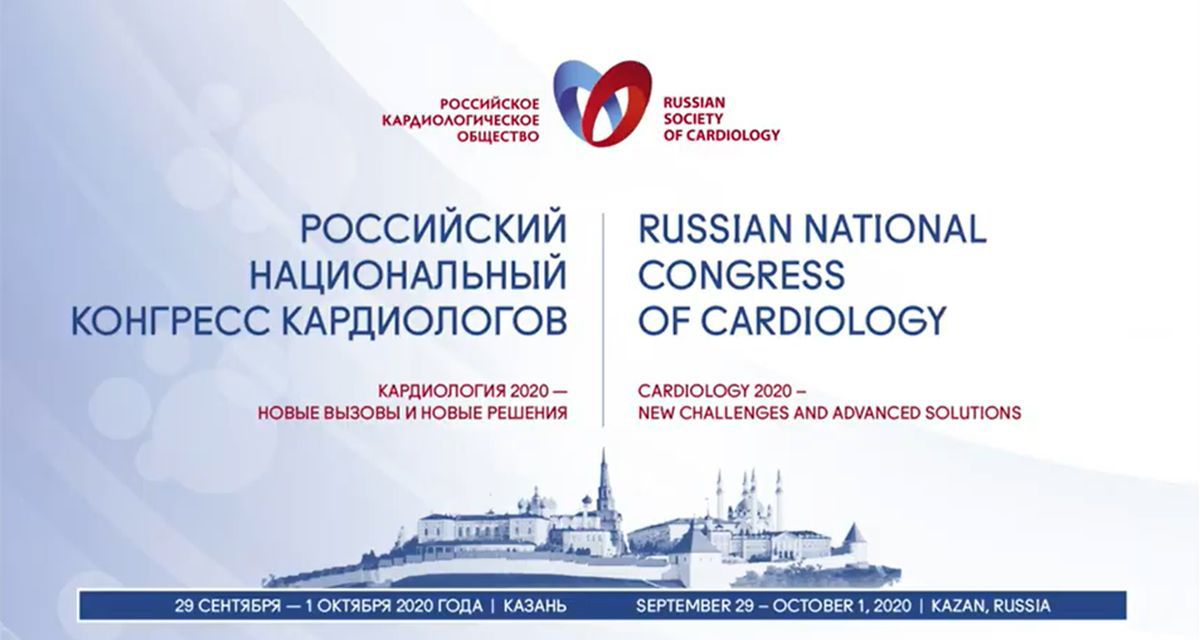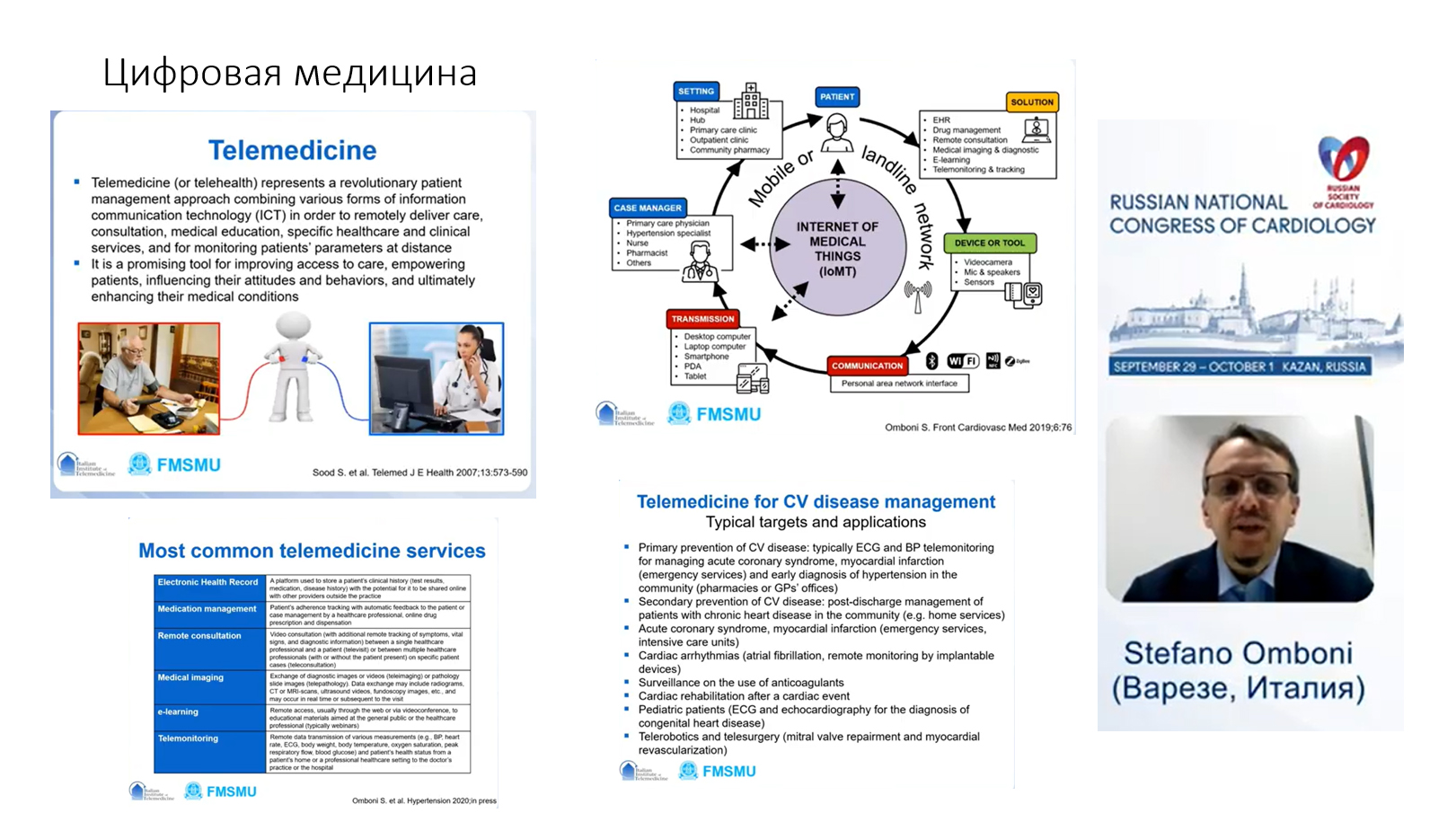
From September 29 to October 1, the Russian National Congress of Cardiology was held.
The aim of the Congress is to implement the state policy on healthcare modernization, to help to improve the quality of specialized medical care, and to reduce morbidity and mortality from cardiovascular diseases, the indicators of which rank first in the structure of mortality of the Russian population (~60%).
This event is the largest and most significant annual event for Russian cardiologists and doctors of cardiology-related specialties.
Our team included Denis Gavrilov, a cardiologist, Webiomed Chief medical officer, and Alexander Gusev, Chief business development officer.
On the first day of the Congress, the Discussion Club "Clinical Medicine and Clinical Epidemiology: Two Sides of the Same Coin" was held. The leading Russian experts in the field of CVD epidemiology took part in the discussion. Epidemiology allows answering the questions of the significance of diseases in the state of human health, their variability over time, and how the healthcare system should respond to modern challenges.
The chief cardiologist of the Russian Federation, Ph.D. Sergey Boytsov noted in his report that the introduction of clinical decision support systems into practice will bring medical professionals closer to clinical guidelines and standards of medical care. What is more, there is great potential for the new machine-learning-based analytical methods in cardiology to improve cardiovascular risk stratification.

During the Digital Medicine Symposium, Stefano Omboni (Italy) presented an overview of the opportunities of telemedicine in cardiology and available evidence of the benefits and limitations of the use of telemedicine at the present stage.
In addition, interesting data was demonstrated regarding changes in the performance of the cardiovascular system before, during and after the COVID-19 pandemic in Italy using telemedicine technologies. Thus, abnormalities on the ECG, including ischemia, significantly increased during the pandemic.

Alexander Gusev made a presentation on The place of a physician in the modern decision support system: a developer's view at the Physician and Artificial Intelligence Symposium, where for the first time within the framework of the Congress the role of AI in medicine was discussed.
In his report, Alexander shared his experience in the use of AI technologies in medicine, told how AI can be used to solve specific tasks of practical medicine using the example of predicting in the prevention of CVDs, which can be done more accurately than by a physician.

“Today, there is really huge amount of data about diseases and patients. It is quite difficult and time-consuming to process such a volume of information and not miss any important things. Today, phycisian support systems based on machine learning are emerging for diagnosis and prediction. But the primary questions of the effectiveness and safety of such electronic assistants remain open. The use of AI technologies in clinical practice is necessary, but, of course, it is crucial to use solutions that have passed the appropriate tests of efficiency and safety and are approved for use in medicine," stated Denis Gavrilov, a cardiologist, Webiomed Chief medical officer.
Symbolically, the RSC Congress started on World Heart Day, when special attention is paid to cardiovascular problems and health preservation.
This Day is a reminder to people of the importance of taking care of themselves and seeking qualified help. The heart is a symbol of not only good health but of love as well, without which it is impossible to be happy. Cardiologists urge you to love your heart and act in its best interest. So, in people leading a sedentary inactive lifestyle, the likelihood of developing arterial hypertension is 20-50% higher than in people who are active and engaged in physical training.
Congress website: https://scardio.ru/events/rossiyskiy_nacionalnyy_kongress_kardiologov/